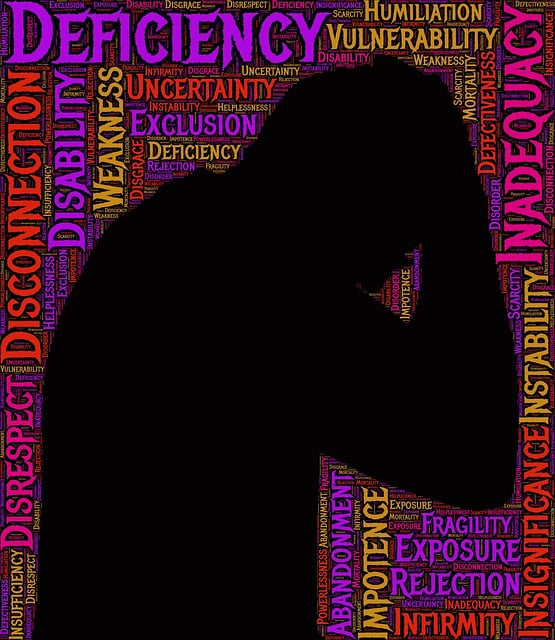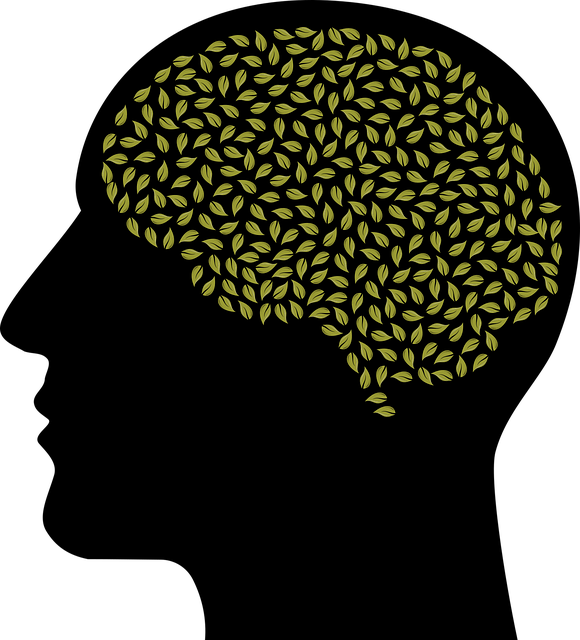Autism Spectrum Disorder (ASD) presents social communication challenges ranging from mild to severe. Early intervention therapies, including ABA and play-based approaches, have shown success in developing essential skills. Mental wellness coaching is a powerful tool, offering coping strategies, resilience building, and improved quality of life for individuals with ASD. Tailored coaching programs, integrating CBT adapted for ASD, focus on stress management, communication, and trauma support. Engaging sessions encourage empathy, self-compassion, and resilient relationships. Holistic evaluation methods, including journaling exercises, measure progress in daily living skills, social interactions, and emotional responses, ensuring sustainable improvement in therapy for children with ASD.
Mental wellness coaching programs are emerging as a powerful tool to support children on the Autism Spectrum Disorder (ASD) journey. This comprehensive guide delves into the transformative potential of these programs, offering a detailed overview of ASD and its unique challenges. We explore how mental wellness coaching can provide tailored therapy for children with ASD, focusing on effective program design, engaging session strategies, and measurable progress tracking.
- Understanding Autism Spectrum Disorder (ASD): A Comprehensive Overview
- The Role of Mental Wellness Coaching in Supporting Children with ASD
- Designing Effective Coaching Programs for Young Minds
- Strategies to Create Engaging and Inclusive Coaching Sessions
- Measuring Success: Evaluation and Tracking Progress in Coaching Children with ASD
Understanding Autism Spectrum Disorder (ASD): A Comprehensive Overview

Autism Spectrum Disorder (ASD) is a neurodevelopmental condition that affects individuals’ social communication and interaction, as well as their behavior and interests. Understanding ASD involves recognizing its wide range of manifestations, from mild to severe symptoms. Every person with ASD is unique, with personal strengths and challenges. Early intervention therapy for children with ASD has been proven highly effective in supporting their development and enhancing their ability to navigate social environments. Various therapeutic approaches, such as Applied Behavior Analysis (ABA), play-based therapies, and Social Stories, are employed to teach essential skills like communication, adaptation, and conflict resolution techniques.
The key to fostering mental wellness for individuals with ASD lies in tailored support that promotes positive thinking and builds resilience. Mental wellness coaching programs can be instrumental in empowering people on the spectrum by teaching them coping strategies and enhancing their overall quality of life. By incorporating evidence-based practices and utilizing resources like the Mental Wellness Podcast Series Production, coaches can help individuals develop effective communication tools, manage sensory sensitivities, and foster healthier relationships, ultimately contributing to improved mental wellness outcomes.
The Role of Mental Wellness Coaching in Supporting Children with ASD

Mental wellness coaching plays a pivotal role in supporting children with Autism Spectrum Disorder (ASD), addressing their unique challenges and fostering growth. These coaches provide a non-judgmental space for kids on the spectrum to navigate their emotions, develop coping strategies, and enhance their overall well-being. Through tailored sessions, they help children build resilience, manage anxiety relief, and improve social skills training.
Coaching programs focused on mental wellness recognize that individuals with ASD may face difficulties in understanding and expressing their feelings. By employing evidence-based practices and adapting them to each child’s needs, coaches create a supportive environment encouraging open communication. This approach not only aids in improving mental health awareness but also equips children with essential life skills, enabling them to better manage the demands of daily life and interact more effectively with their surroundings.
Designing Effective Coaching Programs for Young Minds

Designing effective coaching programs for young minds requires a deep understanding of their unique psychological needs and developmental stages. Incorporating evidence-based practices tailored to this demographic, such as cognitive behavioral therapy (CBT) adapted for children with Autism Spectrum Disorder (ASD), ensures interventions are both accessible and impactful. Coaching programs should focus on building resilience, teaching coping mechanisms like stress management techniques, and fostering effective communication strategies. Trauma support services, specifically tailored for young individuals, can also be integrated to address any underlying trauma that may impact their mental wellness journey.
Strategies to Create Engaging and Inclusive Coaching Sessions

Creating engaging and inclusive coaching sessions for mental wellness involves tailored strategies that cater to diverse needs. One effective approach is incorporating compassion cultivation practices, which foster a sense of belonging and understanding. By encouraging empathy and self-compassion, coaches can build resilient relationships, especially beneficial for individuals with Autism Spectrum Disorder (ASD) who often face social challenges. These practices allow for safe spaces where participants feel comfortable expressing their unique perspectives.
Additionally, resilience building is key to making coaching sessions impactful. Through activities that challenge and support, coaches can help clients develop coping mechanisms tailored to their experiences. Public awareness campaigns development can further enhance this by promoting understanding of mental health issues, including ASD. Such initiatives ensure that coaching sessions are not just interactive but also embedded in a broader context of community support and education.
Measuring Success: Evaluation and Tracking Progress in Coaching Children with ASD

Measuring success in mental wellness coaching for children with Autism Spectrum Disorder (ASD) involves a multifaceted approach tailored to each unique individual. Evaluation methods should go beyond traditional therapy metrics and incorporate qualitative assessments, such as observations of daily living skills, social interactions, and emotional responses. A comprehensive understanding of progress requires tracking these aspects alongside quantifiable goals, ensuring that improvements are holistic and sustainable.
Journaling exercises can serve as powerful tools in this process. By encouraging children to record their thoughts, feelings, and experiences, coaches gain valuable insights into their mental states and the effectiveness of coaching strategies. This self-reflection promotes self-awareness and fosters independence in managing emotions, a crucial aspect of improving self-esteem and alleviating anxiety—key areas for intervention in therapy for children with ASD.
Mental wellness coaching programs offer a promising approach to support children on the Autism Spectrum Disorder (ASD) journey. By combining understanding, empathy, and tailored strategies, these programs can significantly enhance their well-being. Effective coaching involves designing engaging sessions that cater to individual needs, fostering an inclusive environment. Through careful evaluation and tracking of progress, therapists can ensure these programs deliver tangible benefits, ultimately revolutionizing therapy for children with ASD.











